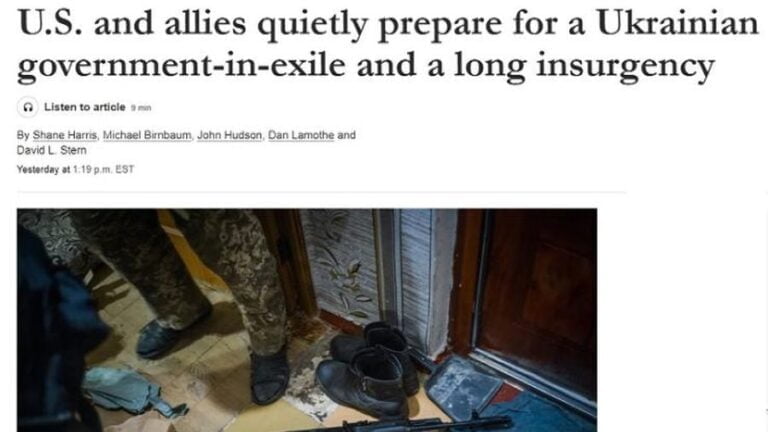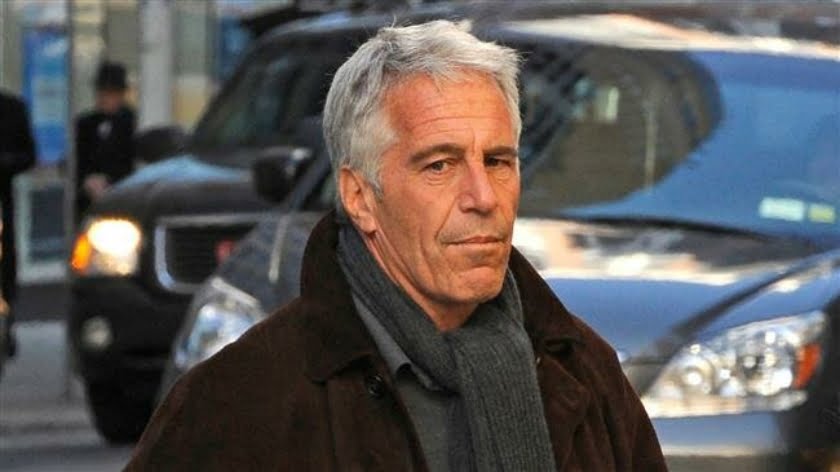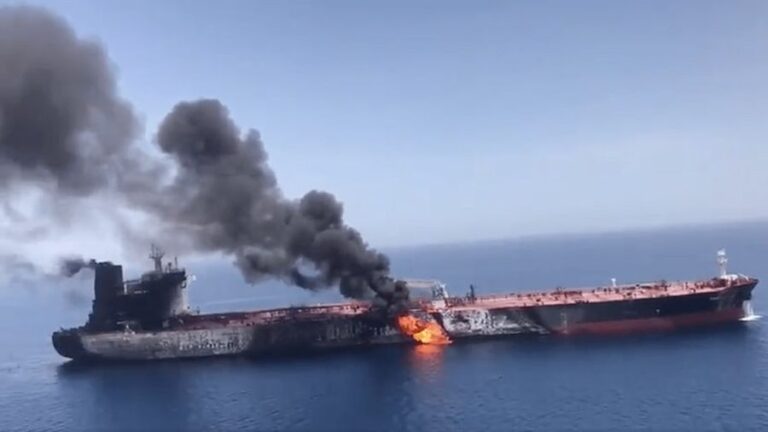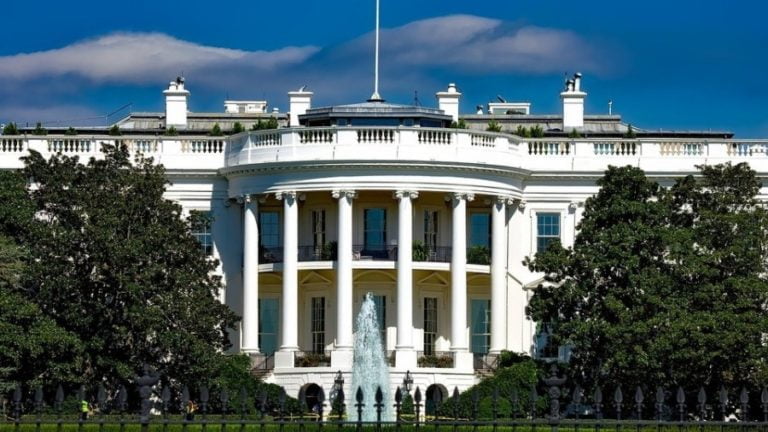54 Years Ago: When the U.S. Nearly Started a Nuclear War
As this week’s final presidential debate revealed once again, U.S. conflict with Vladimir Putin and the Soviets seems to be heightening nearly every day. Soon it might be dubbed “Cold War II” or “Superpower Showdown, the Sequel.” While the global stakes may seem smaller than in the original confrontation, it’s worth remembering that both sides retain thousands of nuclear warheads, and they are still targeted on the other side.
Fifty-four years ago this week, the closest the two countries came to engaging in a wide-scale nuclear war emerged during what soon became known as the Cuban missile crisis. President John F. Kennedy acted patiently and wisely in making the Soviets stop their missile shipments to Castro and Cuba, via a quarantine at sea, and then remove their nuclear warheads from the island. Of course, we did not know at the time that he had basically traded U.S. missiles in Turkey for the Soviet reversal.
Never a down-the-line Kennedy fan, I was surprised how much my respect for him grew, at least in this matter, in researching my new book, The Tunnels: Escapes Under the Berlin Wall and the Historic Films the JFK White House Tried to Kill. The missile crisis plays a key role in my book as it intersects with and heavily influences my main narrative. To many readers, Kennedy may come off in a negative role, for his actions in bullying CBS into canceling a Daniel Schorr special on one Berlin tunnel, and nearly doing the same with a landmark NBC program. But his behavior behind the scenes as what I call “the coolest man in the room” during the crucial meetings at the White House during the famous 13 days of the missile crisis—all captured by the secret taping system he had installed—was even more extraordinary than it is cracked up to be.
Excerpted from The Tunnels: ‘You Mean a Nuclear Exchange’
The next major meeting on Cuba was convened on the morning of October 18, day three of the crisis. While President Kennedy was away on a campaign trip the day before, aides and military leaders had discussed options, as air strikes—with or without a warning to Soviet leader Khrushchev, and with or without an invasion—gained wide favor. (The military projected 18,500 U.S. casualties in a conventional invasion, but if nuclear weapons were used, General Maxwell Taylor dryly advised, “there is no experience factor upon which to base an estimate of casualties.”) Undersecretary of State George Ball responded with a strongly dissenting memo, arguing that air strikes would smack of Pearl Harbor—echoing Attorney General Robert Kennedy on this—and turn much of the “civilized world” against America. But some felt that a strong U.S. action on Cuba, rather than jeopardizing our standing in Berlin, would boost our credibility in dealing with the Soviets down the road.
As the October 18 meeting on the crisis proceeded, JFK returned to an argument he had made before: that the Soviets, in response to any military attack on Cuba, would likely “just grab Berlin.” Sacrificing a few Cuban missiles for control of all of Berlin would not “bother” the Soviets at all. And once they took the city, “everybody would feel we lost Berlin, because of these missiles.” His adviser McGeorge Bundy cracked a small joke: “If we could trade off Berlin—and not have it our fault….”
Then came a grim exchange after JFK again said that the Soviets, if attacked in Cuba, would probably cross the Berlin border with ground troops.
Secretary of Defense McNamara: We have U.S. troops there. What do they do?
Gen. Taylor: They fight.
McNamara: They fight. I think that’s perfectly clear.
President Kennedy: And they get overrun.
Robert Kennedy: Then what do we do?
Gen. Taylor: Go to general war, if it’s in the interest of ours.
President Kennedy: You mean nuclear exchange. (Brief pause.)
Gen. Taylor: Guess you have to.
The president, however, again kept his cool, and insisted on considering “what action we take which lessens the chances of a nuclear exchange, which obviously is the final failure.” Apocalypse had reared its ugly head, just in time. Henceforth the discussion—led by Rusk, McNamara and Robert Kennedy—shifted in a more dovish direction, toward trying a blockade. The Joint Chiefs opposed this, still favoring a pre-emptive attack, but within minutes a consensus began to coalesce among the non-military aides in the room. A blockade was best, along with a potential concession to scrap our outmoded nuclear missiles in Turkey. In a revealing moment, McNamara virtually pleaded, “I really think we’ve got to think these problems through more than we have.”
After the meeting broke up, JFK met with Andrei Gromyko, the Soviet foreign minister. Gromyko lied to Kennedy’s face, denying the presence of offensive missiles in Cuba as the president tapped his desk, exercising supreme self-control, knowing that he had photos that proved otherwise in a top drawer.
Near midnight, after everyone had left the Oval Office, the president turned on his taping system to record his summary of this day. Though the crisis revolved around Cuba, much of JFK’s musings still concerned Berlin. He noted Bundy’s warning of “a Soviet reprisal against Berlin” after any U.S. military action. Others felt that failing to take strong action on Cuba would undermine our promises to the West Germans, “divide our allies and our country.” Kennedy concluded: “The consensus was that we should go ahead with the blockade beginning on Sunday night.” If the Soviets did move on Berlin—well, we faced “a crunch” there in a few months, anyway. And a blockade would be a lot less likely to inspire that Soviet reaction than a military assault on Cuba.
Then he went upstairs to sleep on that decision, if he could.
Perhaps his sleep was troubled because he imagined a scenario that, in fact, played out a few days later: A Soviet submarine off Cuba, cut off from communicating with Moscow, nearly fired a nuclear-tipped torpedo after mistaking depth charges dropped by a U.S. ship, meant to force the sub to the surface, for the start of an American attack. Two officers approved the firing of the torpedo. A third did not, and after a heated argument he prevailed, possibly preventing a nuclear holocaust and World War III.
Source: AlterNet







